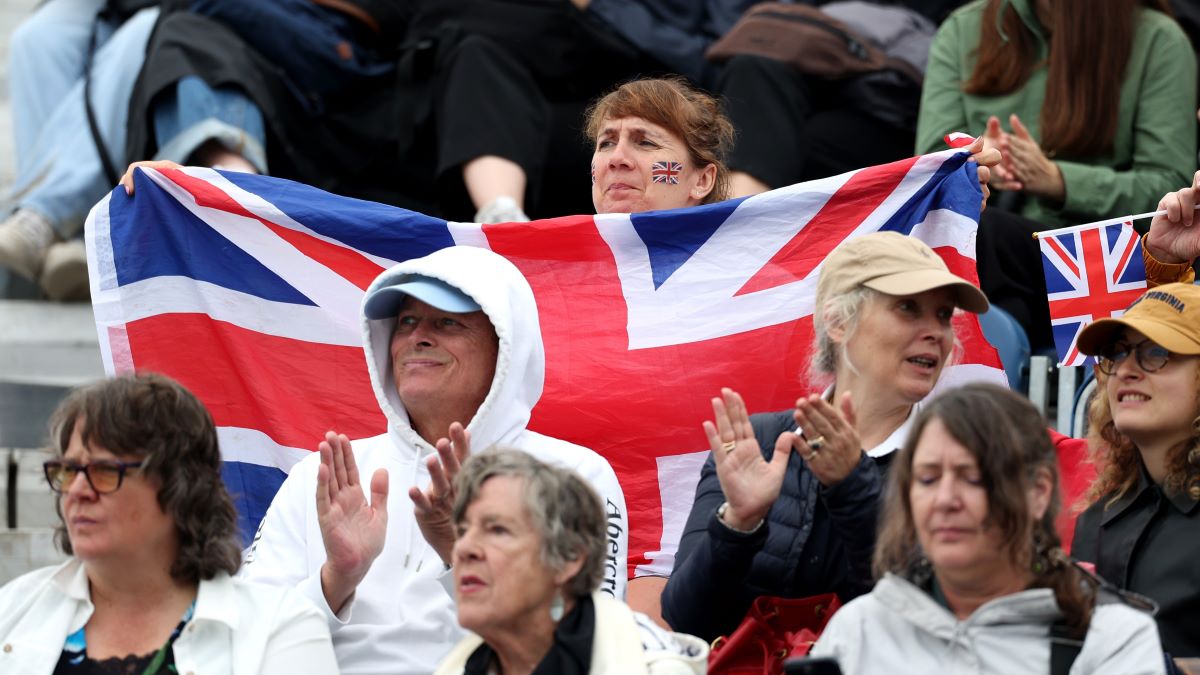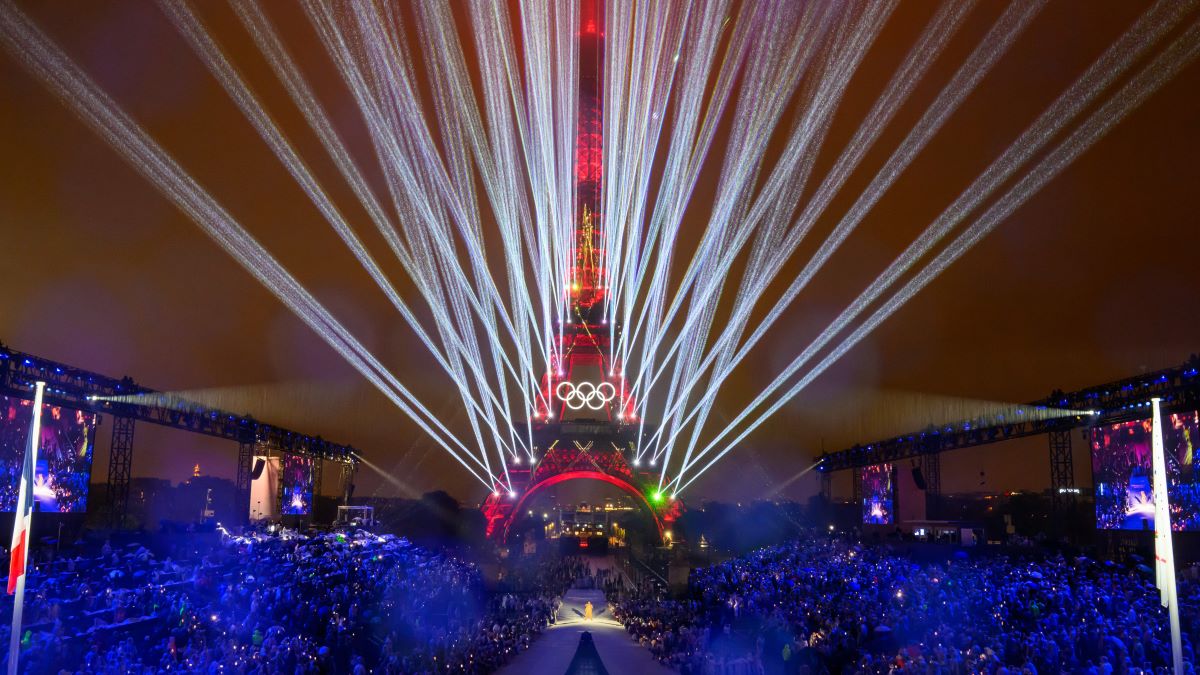The Paris Olympics are well underway, with some of the world’s finest athletes competing against each other to dazzle the world.
But there’s one question that often crosses people’s minds when watching the Olympics: why is it Team GB (Great Britain) and not Team U.K. (United Kingdom)? The difference between Team G.B. and Team U.K. is a fairly complex one, so much so that even many Brits don’t know the real answer. So, here’s how it works.
What’s the difference between Great Britain and United Kingdom?
First up, it’s worth defining what ‘Great Britain’ and the ‘United Kingdom’ are. Great Britain is the name for the island comprising the countries of England, Wales, and Scotland. The United Kingdom is a unitary parliamentary democracy comprised of the countries of England, Wales, Scotland, and Northern Ireland (which is part of the island of Ireland).
However, Team GB can select athletes from not just England, Wales, Scotland, and Northern Ireland, but also ‘Crown dependencies’ like the Isle of Man, Jersey, Guernsey, and British Overseas Territories like the Falkland Islands and Gibraltar.
That doesn’t exactly clear up matters, as based on that you’d expect the logical name would indeed be “Team UK”.
The actual reason for the name isn’t drawn from geography at all but is a branding exercise. The British Olympic team had a terrible performance in the 1996 Atlanta Games, and the organization was overhauled in subsequent years. Part of this was a push to create a unified front the British public could get behind, with the organization’s official statement on the matter being:
“There is only one Olympic team from Great Britain and Northern Ireland; Team GB. There is not an Olympic swimming team or Olympic rowing team. The individual sports join to become Team GB, the Great Britain and Northern Ireland Olympic Team.”
That last part is crucial: the official name is “The Great Britain and Northern Ireland Olympic Team” and Team GB is just for marketing.

But as far as rebranding goes, Team GB has been a hit, though has received a lot of criticism for its imprecision. For example, North Irish politicians resent being minimized in the name, with their Sports Minister saying in 2008 that Team GB “excludes, and indeed alienates, the people of Northern Ireland”.
With Brexit threatening the stability of the United Kingdom’s unity, issues like this are a political hot potato and in August 2021 there were reports that British Prime Minister Boris Johnson was seriously considering adopting “Team UK”, with the Times of London reporting a senior government source saying:
“Team UK would be far more inclusive than Team GB and would better reflect our commitment to the Union, which includes Northern Ireland.”
It has also been pointed out that all this fussing over the name and terminology does absolutely nothing to impact the team’s medal count. In a fierce article, Peep Show star David Mitchell described the money spent on the rebranding and debate as “capitalism’s final victory” and said:
“When public money is spent like this, as it is whenever a government ministry changes from being the department of something to the department for something, it is just being pissed away for no reason. Branding our Olympic squad Team GB has not in any way helped it win more medals and those who would argue that it has, perhaps citing some bulls**t about the homogeneity of the team, are either morons or they think our athletes are.”
This debate is likely to rumble on for some time, but as you can see, the answers aren’t quite as simple as you might first assume.

